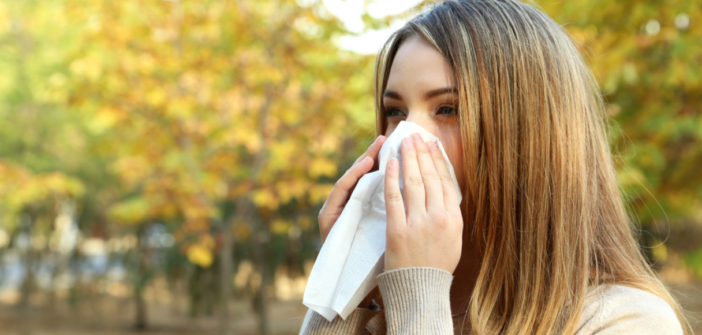The change in the season brings about sicknesses because of the shifts in weather patterns. For example, colder temperatures in autumn and winter become favorable for some microorganisms like viruses that cause the flu or common cold. While some sicknesses are unavoidable, there are still ways to protect yourself and the vulnerable ones like kids.
– Always wash your hands. Many harmful microbes may enter the body cavities like mouth, nose, or ears when they’re touched by hands however clean they may look like.
– Get enough sleep, at least 7 hours a day. Our body repairs itself when we sleep; hence sleep deprivation affects the way our immune system fights off infection.
– Eat well and maintain a balanced diet. Sure, you can have cheat days and eat whatever you like but do it in moderation.
– Stay active. Do cardio exercises to maintain a healthy heart, go to the gym to shed off unwanted fats, join yoga classes to keep your body stretched.
– Reduce stress. Autumn is a beautiful season so enjoy the outdoors. Does your work stress you out? Allow yourself to get some time off. Remember, when you’re stressed, your body releases hormones that counteract your immune system’s ability to respond to harmful microbes. If you feel depressed, remember that there’s always someone who’s willing to listen to you, no matter what.
Some other notes
– Seasonal flu usually begins in autumn, so it’s better to get a flu vaccine.
– Norovirus is a contagious type of virus that causes stomach inflammation disorders. People with norovirus infection develop symptoms like cramps, nausea, vomiting, and diarrhea.
– Watch out for fall allergies. Trees shed leaves, and some of them contain dust from smoke or pollution, while other plants release pollen this time of the year. Symptoms include runny nose, sneezing, coughing, and itchy and watery eyes.
– Bronchiolitis is a contagious viral infection that mostly affects young children. This illness causes swelling and mucus buildup within the kids’ air passages. It is spread through direct contact with fluids from the nose and throat of someone carrying the virus.
– Seasonal changes can trigger seasonal affective disorder (SAD) or depression, which can lead to sleeping problems and eating disorders. Its exact cause is still unknown, but research suggests that decreased sunlight due to shorter days affects our body mechanism that regulates hormones, moods, and sleeping patterns.
Photo: Adobe Creative Cloud
